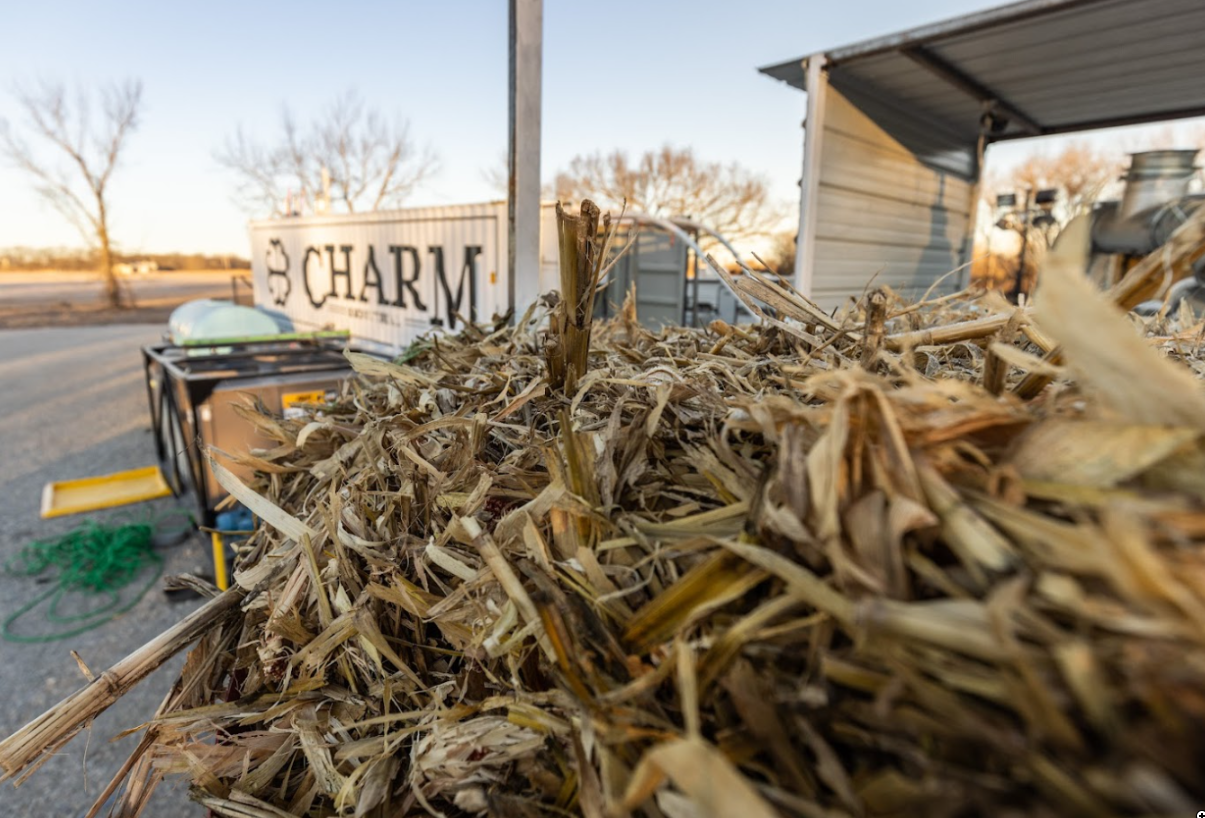
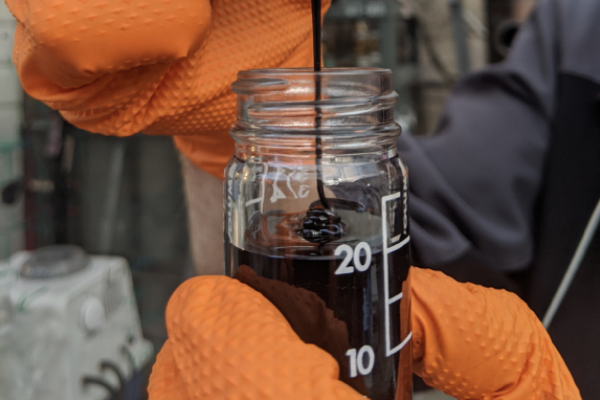
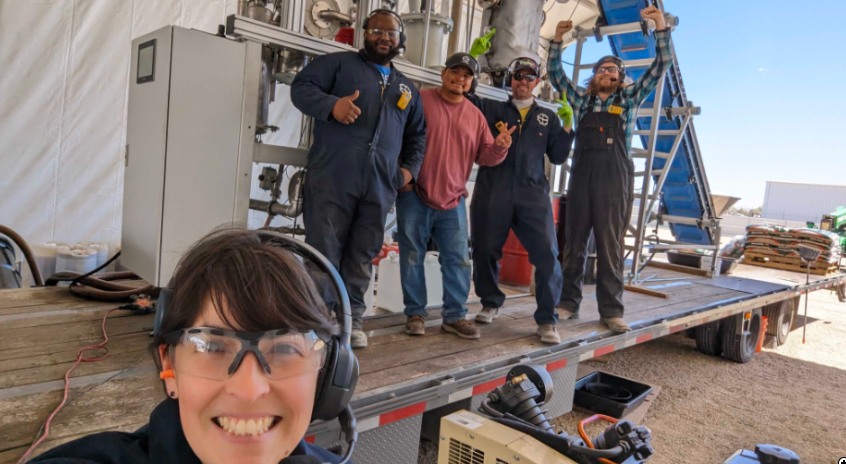
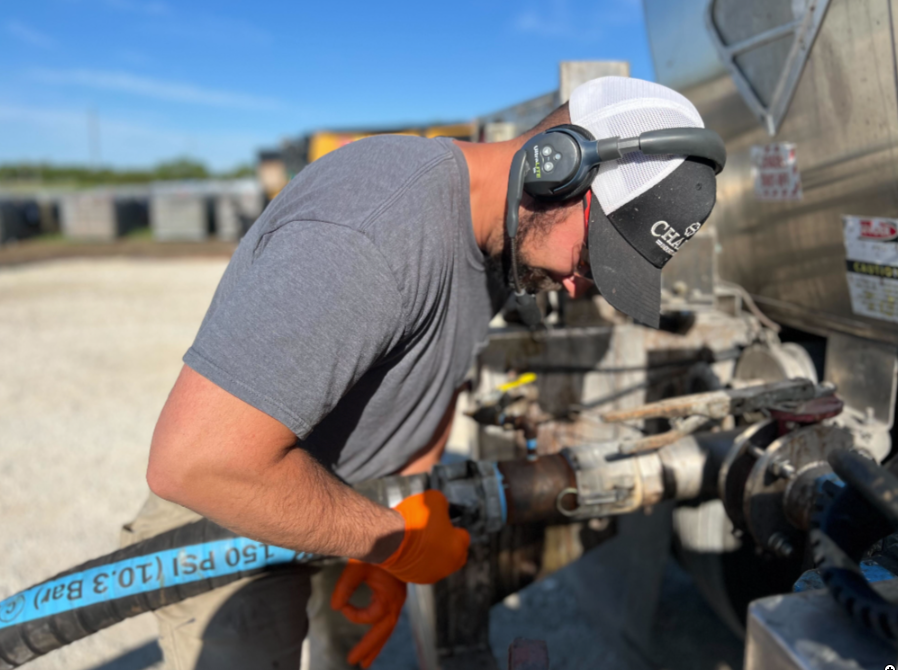
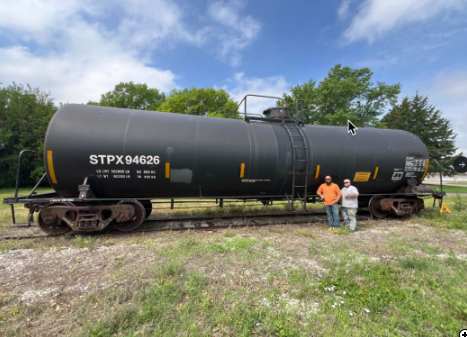
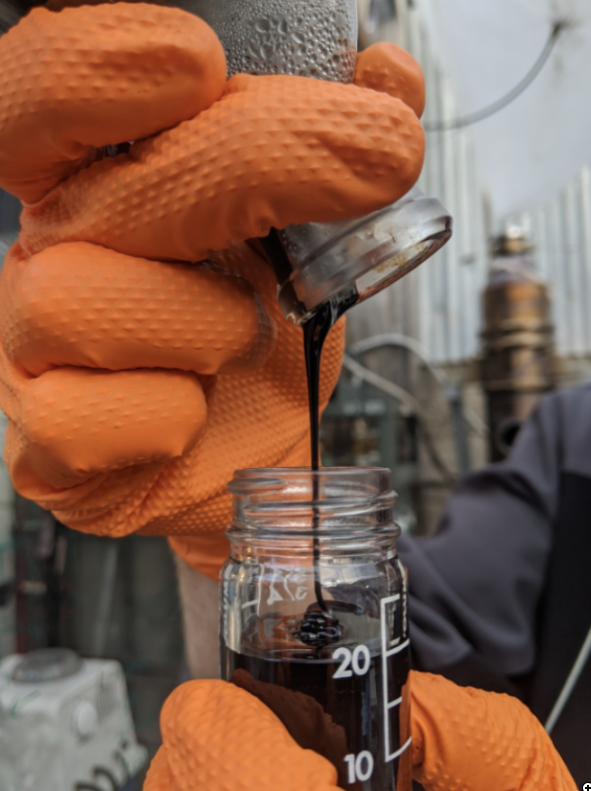
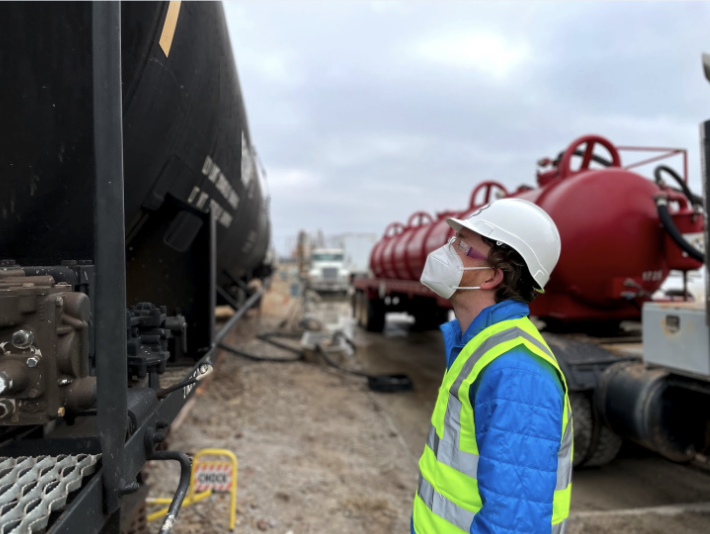
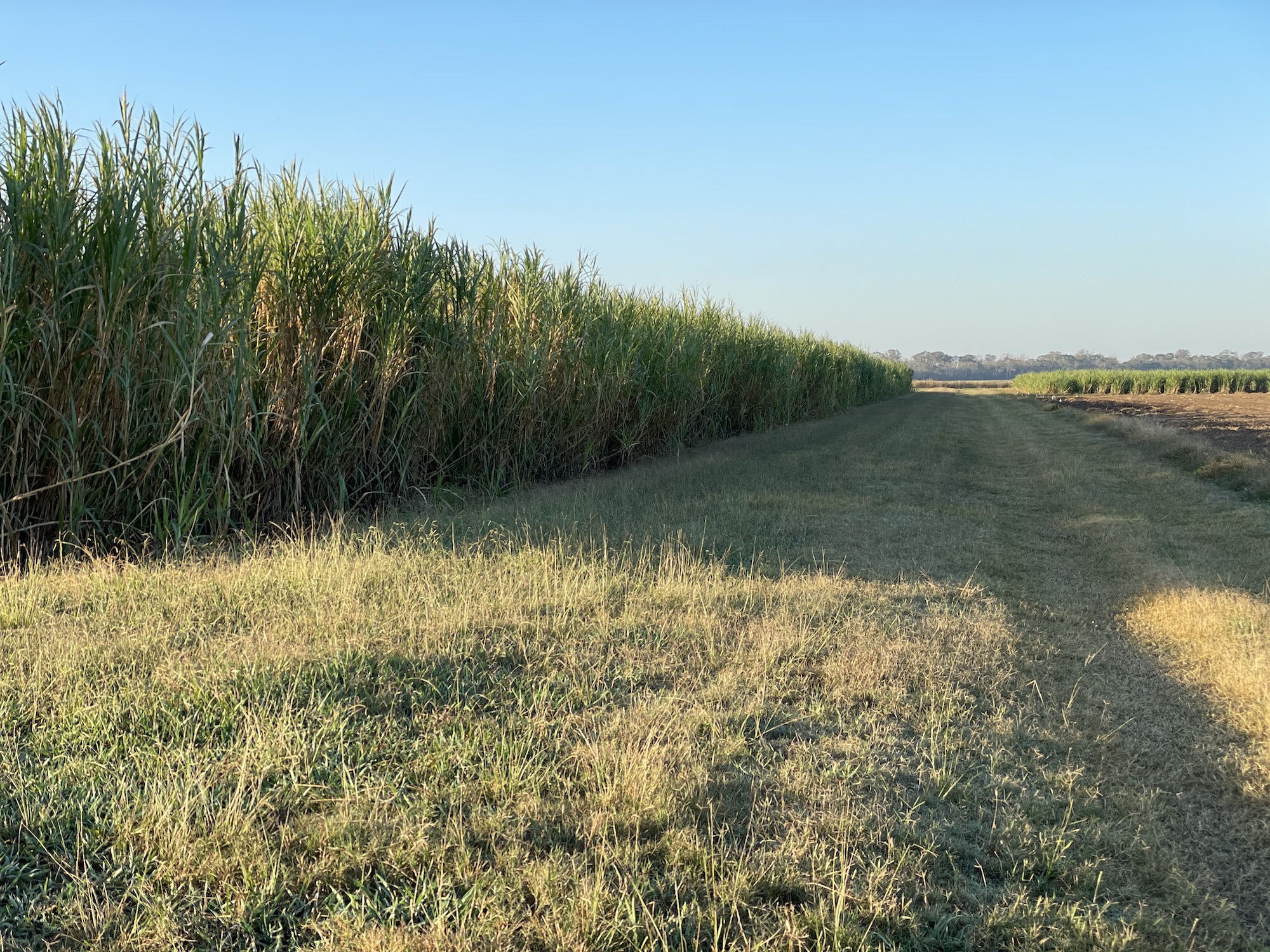
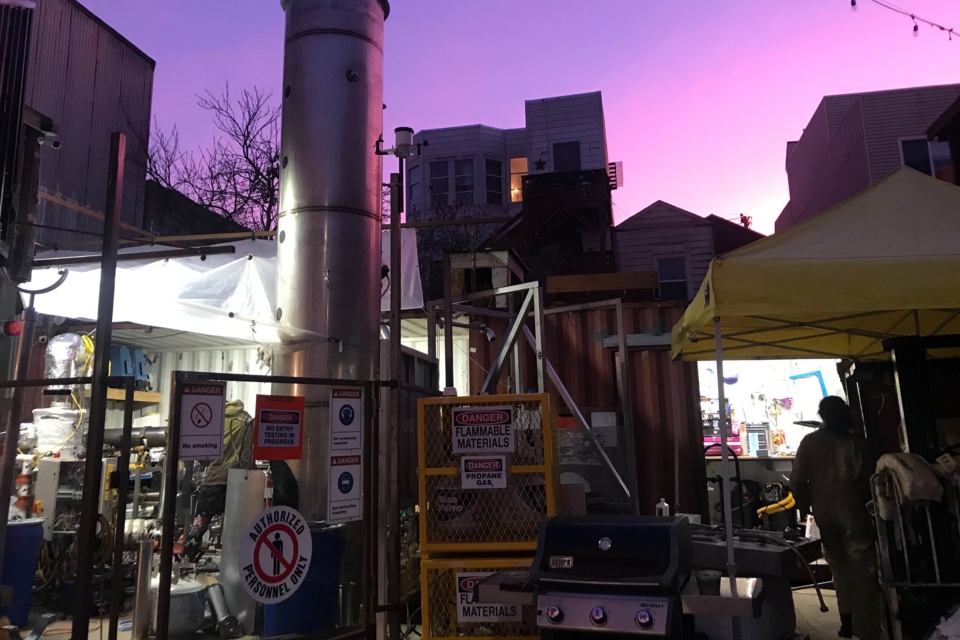
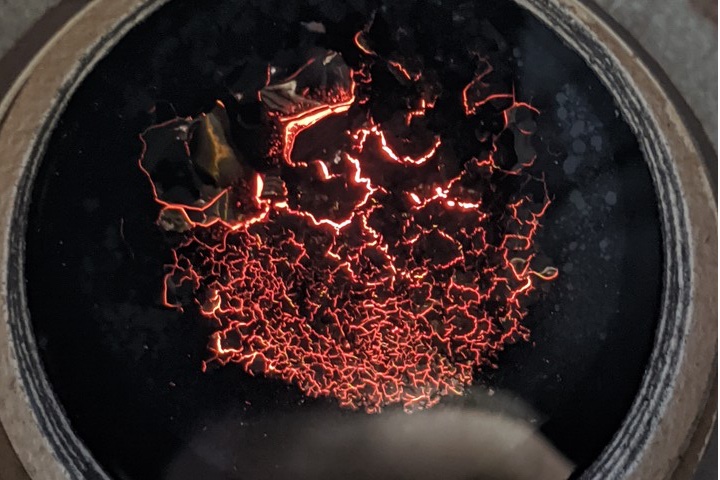

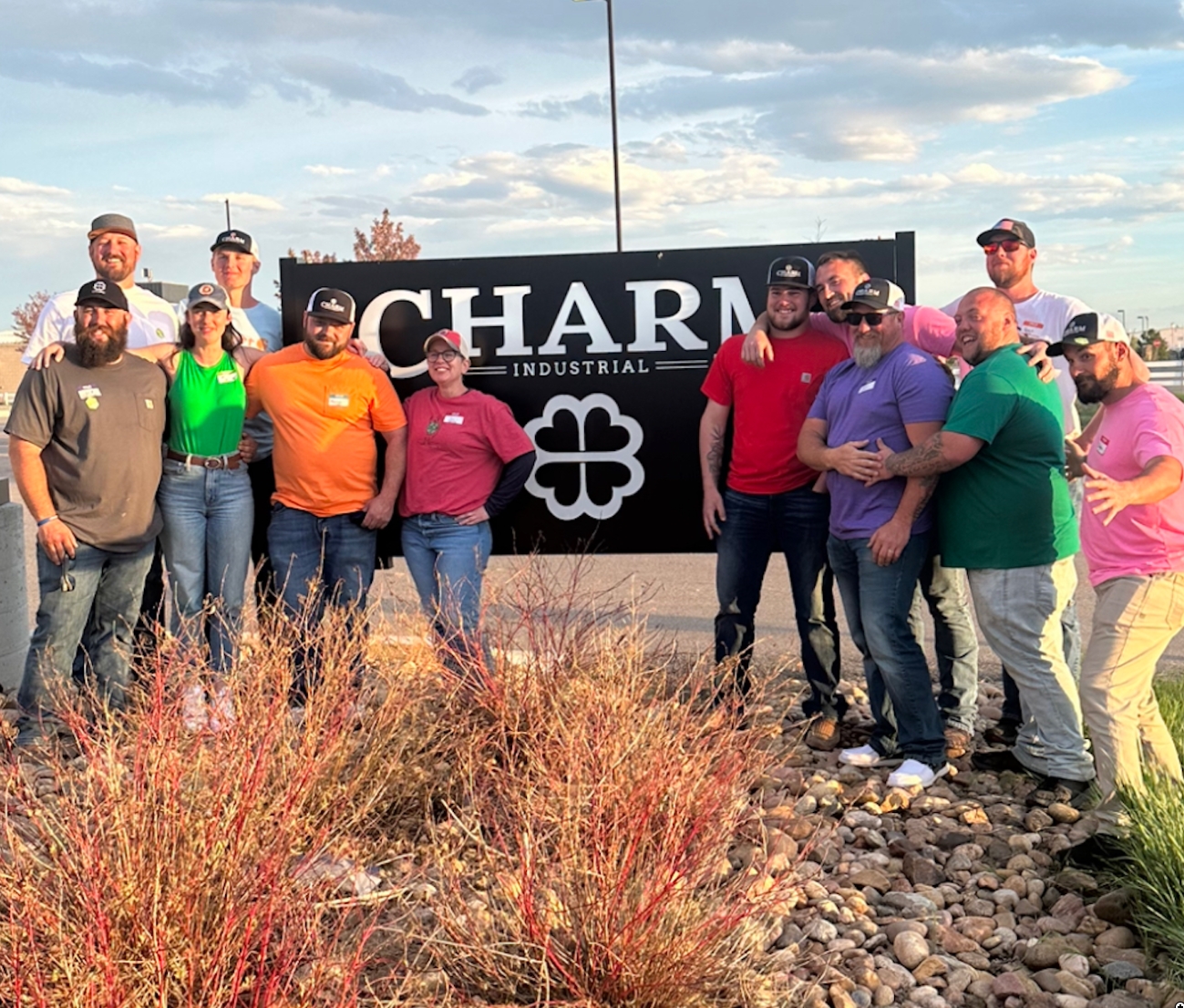












Charm Kansas Bio-oil Geologic Storage
Putting oil back underground by converting biomass into bio-oil and injecting it deep underground for permanent storage
The Charm Industrial Great Plains Bio-Oil Sequestration project turns waste wood into bio‑oil and stores it underground for the long term. Bio‑oil comes from two sources: non‑merchantable forest thinnings in Colorado and sawmill residues in Québec. The oil is pre‑processed in Kansas, then injected at salt caverns in Kansas and at a Class V well in Evangeline Parish, Louisiana.
The project removes carbon by diverting biomass that would otherwise decompose, including sawmill residues that can form methane‑producing piles. In the baseline scenario, these residues have no long‑lived product use or storage pathway. Net removals are calculated after including transport, energy, and embodied emissions within the system boundary.
Durability relies on density contrast so the bio‑oil sinks. The Louisiana reservoir is designed for 1,000+ years of storage. The Kansas salt cavern pathway is described as permanent on 10,000+‑year horizons.
The project is designed to scale. Estimated capacity is 10,000 tonnes in 2024 and 25,000 tonnes in 2025, with later years to be determined. Charm manages offtake, transportation, pre‑processing, injection, and credit sales. Co‑benefits include sourcing forest residues from wildfire‑mitigation projects that can aid forest health, alongside broader sustainable development goals.
Technology
Ratings
Project details





Project certifications
Certifier
Isometric
Registry ID
7BDE
Developer
Charm Industrial
Crediting period term
Current verifier of project outcomes
350 Solutions